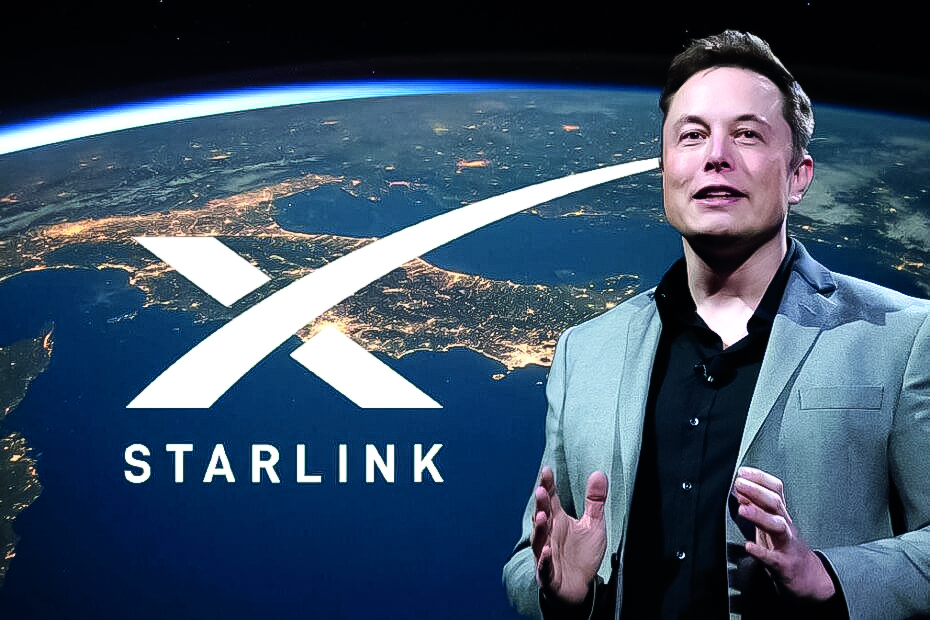By,
Miyuru Rasoj- Colombo
In a landmark move for Bangladesh’s digital future, the government has officially approved SpaceX’s Starlink to operate as a satellite internet provider in the country.
The decision, announced Monday by Chief Adviser Dr. Muhammad Yunus, paves the way for the launch of high-speed, low-latency internet services across Bangladesh, including its most remote and underserved regions.
The approval follows months of regulatory review by the Bangladesh Telecommunication Regulatory Commission (BTRC), which recently established new guidelines for non-geostationary orbit (NGSO) satellite operators.
Starlink, a global leader in satellite internet technology founded by Elon Musk, submitted its application in March and has since worked closely with Bangladeshi authorities to meet all requirements.
Starlink’s entry is expected to be a game-changer for Bangladesh’s connectivity landscape. The company’s constellation of low-Earth orbit satellites will deliver broadband internet to areas where traditional fiber-optic or mobile networks are unreliable or unavailable.
This is particularly significant for Bangladesh, where frequent natural disasters and challenging terrain often disrupt conventional infrastructure.
The service was given a test run earlier this month during the Bangladesh Investment Summit in Dhaka, where Starlink powered the event’s livestream with speeds reportedly reaching 170 Mbps.
Full commercial operations are slated to begin as early as May, with Starlink planning to establish eight ground stations nationwide, including key sites in Dhaka and Gazipur.
Government officials have hailed the move as a vital step towards bridging the digital divide. “Starlink’s arrival will ensure that every Bangladeshi, no matter where they live, has access to fast and reliable internet,” said Dr. Yunus. “This is crucial for education, healthcare, disaster response, and economic growth.”
Starlink’s rollout is also seen as a strategic signal of Bangladesh’s commitment to technological advancement and openness to foreign investment, especially as the country faces economic headwinds from new US tariffs on its garment exports.
Partnerships with local entities such as the Bangladesh Satellite Company Limited, the Bangladesh High Tech Park Authority, and telecom operator Banglalink are expected to support Starlink’s infrastructure and distribution.
Two service tiers-Bangladesh Premium and Bangladesh Platinum-will be offered, targeting both general consumers and enterprise clients.
However, the introduction of Starlink has not been without controversy. Security sources have raised concerns about the potential use of Starlink equipment by insurgent groups in neighboring Myanmar, though officials maintain that the primary goal is to empower rural communities and vulnerable populations.
As Starlink prepares for its commercial launch, anticipation is running high.
Experts predict that the service will not only transform internet access but also stimulate innovation and economic activity across Bangladesh.

Comments
Post a Comment